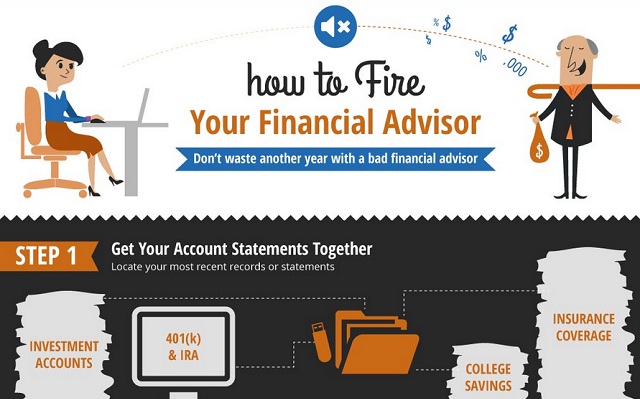Identifying The Distinctions In Surety Contract Bonds And Insurance
Identifying The Distinctions In Surety Contract Bonds And Insurance
Blog Article
Written By-Espinoza Elgaard
Have you ever before wondered about the distinctions between Surety Contract bonds and insurance coverage? It's a common question, and one that can have significant effects for organizations and individuals alike. Understanding these differences is important for making educated decisions regarding the kind of coverage you need.
So, let's check out the essential interpretations and principles, the types of protection supplied, and the application and authorization procedure for both Surety Contract bonds and insurance. By the end, you'll have a more clear understanding of these 2 unique kinds of security and be better equipped to navigate the world of danger monitoring.
Key Interpretations and Ideas
To comprehend the distinctions in between Surety Contract bonds and insurance coverage, it's important to understand key definitions and concepts.
Surety Contract bonds are a three-party arrangement where the surety ensures the Performance of a legal obligation by the principal to the obligee. The principal is the event that obtains the bond, the obligee is the party that needs the bond, and the guaranty is the celebration that ensures the Performance.
Insurance coverage, on the other hand, is a two-party agreement where the insurance provider agrees to compensate the insured for specified losses or damages for the settlement of costs.
Unlike insurance, Surety Contract bonds do not give economic security to the principal. Instead, they offer assurance to the obligee that the principal will meet their legal commitments.
Sorts Of Coverage Offered
Currently allow's discover the various sorts of coverage supplied in Surety Contract bonds and insurance policy.
When it involves surety Contract bonds, there are two primary types of coverage to consider:
- ** Performance Bonds **: These bonds supply financial security to the job owner in case the contractor stops working to finish the task as agreed upon. If look at these guys or falls short to fulfill the regards to the Contract, the Performance bond ensures that the task proprietor is made up for any kind of monetary losses sustained.
- ** Payment Bonds **: Settlement bonds are created to secure subcontractors and suppliers. They guarantee that the specialist will pay all costs and expenditures associated with the task, guaranteeing that subcontractors and providers aren't left unsettled.
On the other hand, insurance coverage normally supplies coverage in the form of plans for various threats, such as home damages, liability, or accident. Insurance coverage give financial protection in case of unforeseen accidents or losses.
Application and Authorization Refine
Once you have picked the sort of protection you require, the next step is to recognize the application and approval procedure for acquiring Surety Contract bonds or insurance policy.
For Surety Contract bonds, the procedure generally includes submitting an application to a surety company together with appropriate financial papers and task information. The guaranty business will certainly assess your monetary stamina, experience, and track record to figure out if you're eligible for bond insurance coverage. This process can take a few weeks, depending on the intricacy of the project and the surety company's workload.
On surety license , acquiring insurance policy normally entails filling out an application form and giving basic info regarding your business. The insurance provider will certainly evaluate the danger associated with your company and supply a quote based upon that assessment. The authorization procedure for insurance coverage is normally quicker contrasted to surety Contract bonds.
Conclusion
So, currently you understand the distinction in between Surety Contract bonds and insurance.
While insurance policy resembles a safety net, Surety Contract bonds give an assurance and develop trust fund in between parties.
Comprehending these distinctions is vital in making informed decisions for your organization.
Remember, it's constantly better to have your bases covered and not be caught off-guard.
Besides, as the saying goes, 'much better safe than sorry!'
